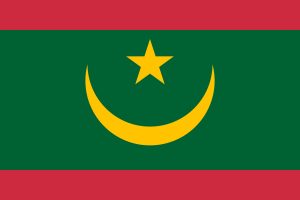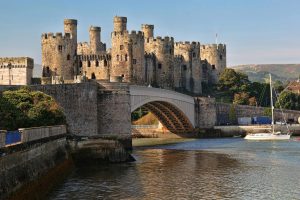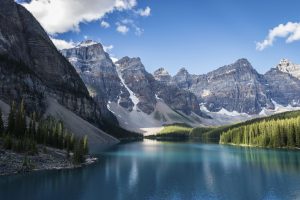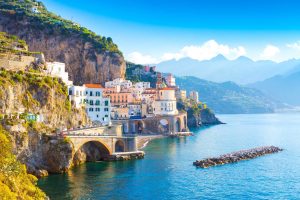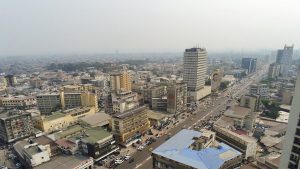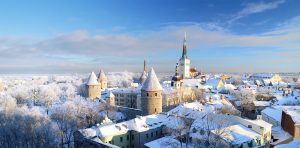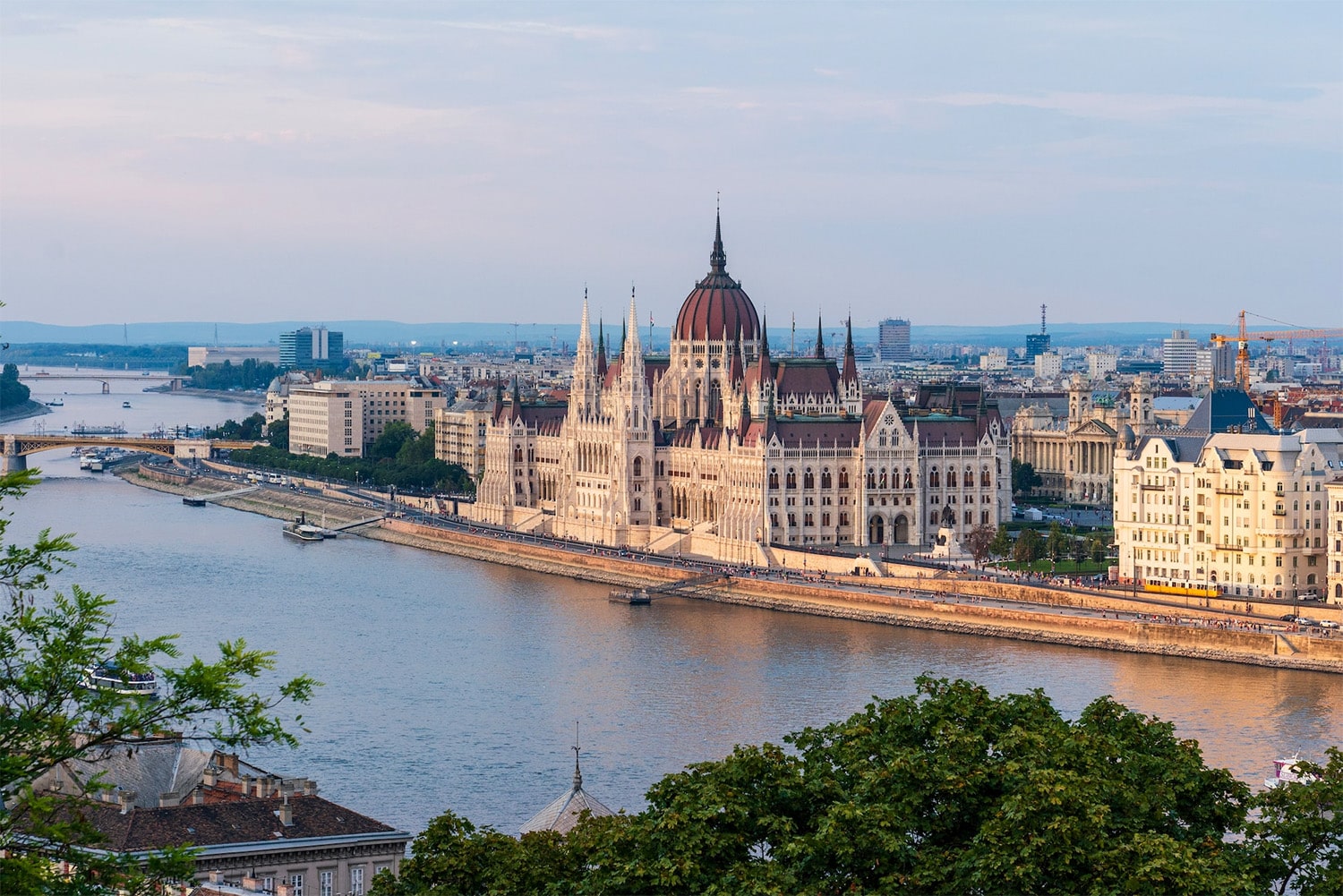
24 interesting facts about Hungary
- 👁️ 2252
Hungary, a landlocked country in Central Europe, is steeped in history and culture, offering a rich tapestry of architectural beauty, traditional music, thermal spas, and much more. From the majestic Danube River that divides the nation’s capital, Budapest, into Buda and Pest, to the serene beauty of the Great Plains, Hungary is a nation of diversity and contrasts. Known for its contributions to art, science, and cuisine, Hungary has played a significant role in European history as part of the Austro-Hungarian Empire and beyond. Its unique language, vibrant traditions, and scenic landscapes make it a fascinating country to explore. Here are 24 interesting and informative facts about Hungary that highlight its cultural richness, historical significance, and natural beauty.
- Hungary was founded in the year 896, making it one of the oldest countries in Europe.
- The official language, Hungarian, is one of the few non-Indo-European languages in Europe and is considered one of the most difficult languages to learn.
- Budapest, Hungary’s capital, is known as the “City of Spas” for its numerous thermal springs and the world’s largest thermal water cave system.
- The Hungarian Parliament Building in Budapest is one of the largest parliamentary buildings in the world.
- Hungary has the second-highest number of Olympic medals per capita in the world.
- The Rubik’s Cube was invented by Ernő Rubik, a Hungarian architect, in 1974.
- Hungary is home to the largest lake in Central Europe, Lake Balaton, often referred to as the Hungarian Sea.
- Traditional Hungarian music heavily influences classical compositions, with famous composers like Béla Bartók and Zoltán Kodály drawing inspiration from folk melodies.
- The Hungarian Grand Prix has been held at the Hungaroring just outside Budapest since 1986, making it one of the oldest races in Formula One.
- The Dohány Street Synagogue in Budapest is the largest synagogue in Europe.
- Hungary has a tradition of high academic excellence, with 13 Nobel Prize winners across various categories.
- The Hortobágy National Park, part of the Great Hungarian Plain, is a UNESCO World Heritage site and the largest natural grassland in Europe.
- Hungarian cuisine is renowned for its spicy dishes and use of paprika, with traditional dishes like goulash and lángos enjoyed worldwide.
- Tokaji Aszú, produced in the Tokaj Region of Hungary, is considered one of the world’s oldest sweet wines.
- The first foreign fast-food restaurant in Hungary was McDonald’s, which opened in 1988 before the fall of communism.
- The Busójárás, an annual carnival in the town of Mohács, is a UNESCO Intangible Cultural Heritage meant to scare away winter.
- Hungary is a landlocked country surrounded by seven countries: Austria, Slovakia, Ukraine, Romania, Serbia, Croatia, and Slovenia.
- The Chain Bridge, opened in 1849, was the first permanent bridge across the Danube in Hungary and a marvel of engineering at the time.
- The University of Pécs, founded in 1367, is one of the oldest institutions of higher education in Europe.
- The Hungarian forint, the country’s currency, is named after the city of Florence, where gold coins were minted in the 13th century.
- Hungary’s national dish is goulash, a hearty stew of meat and vegetables seasoned with paprika.
- Hungary has more than 1,000 thermal water springs, and bathing in these waters is a tradition dating back to Roman times.
- The Sziget Festival, one of the largest music and cultural festivals in Europe, is held annually on Óbudai-sziget Island in Budapest.
- Hungary was a communist state from 1947 until 1989 when it transitioned to a democratic republic following the fall of the Iron Curtain.
Hungary’s rich history, cultural heritage, and natural beauty make it a captivating country full of surprises and wonders. From inventing the Rubik’s Cube to producing world-class wines and contributing significantly to the world’s scientific and artistic communities, Hungary’s impact is felt far beyond its borders. As a nation that has navigated the complexities of history while maintaining its unique identity, Hungary offers an intriguing blend of tradition and innovation. Whether through its thermal baths, iconic architecture, or vibrant festivals, Hungary continues to enchant visitors and locals alike with its enduring charm and resilience.
